FAQs

What is Scotch Whisky?
Scotch Whisky is a distilled spirit made in Scotland from cereals, water and yeast. Find out more here.
What does 'whisky' mean?
The term 'whisky' comes from the Gaelic 'uisge beatha' or 'usquebaugh', meaning water of life.
Which spelling is correct - whisky or whiskey?
Production and maturations of whisk(e)y is governed by law, not the word. Scotch Whisky and Irish Whiskey are often distinguished in spelling. American whiskey is usually spelt with an 'e', while English, Welsh, Japanese and most other world whiskies are not.
How many different categories of Scotch Whisky are there?
There are five categories of Scotch as follows:
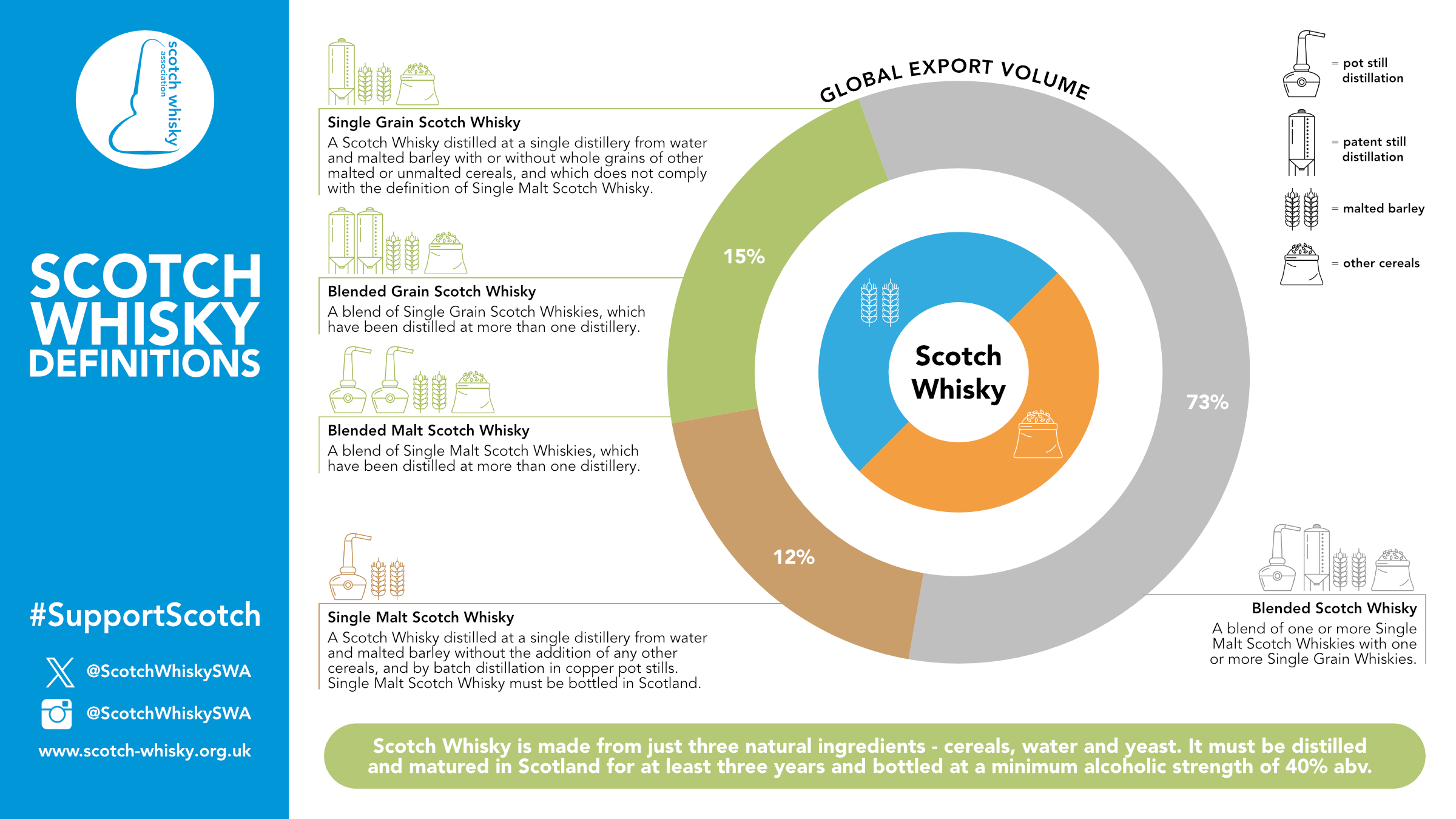
What is Blended Scotch Whisky?
Almost nine out of 10 bottles of Scotch enjoyed around the world are Blended Scotch Whiskies - a blend of Single Grain and Single Malt whiskies. This category is the foundation of the industry and the art of the Master Blender, combining up to 60 different Scotch Whiskies, is a skill which is revered. The aim of the blender is to produce a whisky of a definite and recognisable character, and that the blend should never vary from this standard, which customers all over the world will have come to enjoy and love.
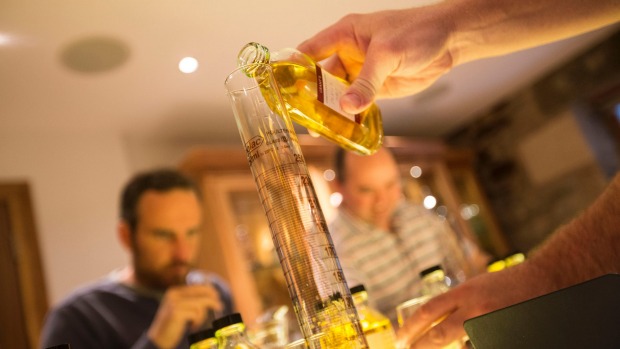
Why do whiskies produced in different distilleries vary in flavour?
There are five Scotch Whisky regions - Campbeltown, Highland, Islay, Lowland and Speyside. Each has region has unique characteristics which impact the flavor of the Scotch. Other factors include the size and the shape of the still, with a taller still producing a spirit that is often lighter in character. Maturation is also key to the final flavor of the whisky, with the age of the oak a factor in the flavor imparted into the spirit.
Why are there only five whisky producing regions defined in the Scotch Whisky Regulations?
It has long been customary to sell Single Malt Scotch Whiskies accompanied by a locality or regional geographical name to indicate where they were distilled. To protect and promote these names, UK legislation, the Scotch Whisky Regulations 2009, define the five major traditional locality and regional geographical indications, which are “Highland”, “Lowland”, “Speyside”, “Islay” and “Campbeltown”. “Campbeltown”, “Speyside” and “Islay” are also within the Highland region and distillers in these areas have a choice which descriptions to use. These regional names can be used to supplement the category descriptions used for Scotch Whisky on labels, such as “Islay Single Malt Scotch Whisky” if all the whisky was distilled there.
Although only the five traditional localities and regions have been defined and protected in the Scotch Whisky Regulations 2009, it is still permitted to use, in the same way, another Scottish locality or regional name as long as the Scotch Whisky was entirely distilled in that place. “Fife Single Grain Scotch Whisky” and “Orkney Blended Malt Whisky” are examples of other names which could be used for whisky distilled in those places.
It has become common for some to talk about “Islands” whiskies, but “Islands” is not a Scottish place or Scottish regional name and therefore cannot be used as a description to supplement the category name.
Some Scotch Whiskies have a smoky flavour. What causes this?
The smoky flavour of certain Scotch Whiskies originates from the peat fire over which the barley is dried, prior to grinding and mashing.
What is meant by the term 'finishing'?
Scotch Whisky must be matured in oak casks for a minimum of three years, and is often matured much longer. 'Finishing' is an extension of the maturation process, when the spirit is subsequently filled into empty casks that previously held other wines or spirits for a further relatively short period at the end of maturation.
The cask used for finishing must have been drained of any liquid prior to its use and any change in the spirit will therefore result from its interaction over time with the wood of the cask.
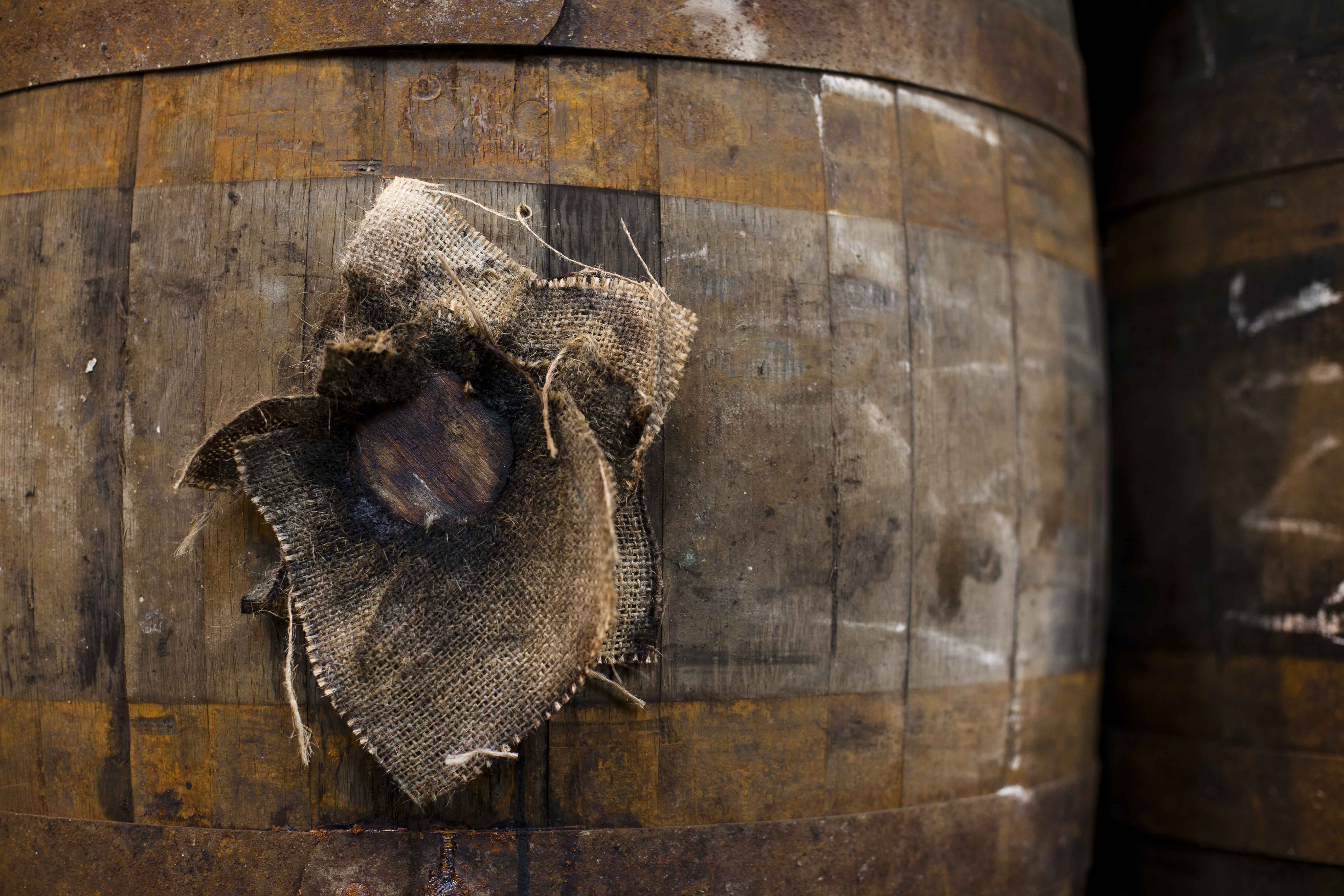
Is there a "correct" way to drink Scotch Whisky?
First, Scotch Whisky should always be consumed responsibly.
There is no "right" way to drink Scotch Whisky - you can enjoy it in whatever way you want. In Scotland and across the United Kingdom, people often choose to enjoy Scotch Whisky with just a little water. But Scotch is a global drink and there are many examples of new and exciting ways to enjoy Scotch Whisky. In Spain they mix it with cola. In Japan Scotch is enjoyed with lots of water and ice, and in China with cold green tea. Visit our tasting toolkit to learn more.
How many members does the SWA have?
The SWA has over 90 member companies - many are small family run businesses. We look after their interests alongside those of our bigger members.
How old should the best Scotch Whisky be?
All Scotch Whisky must legally be at least three years old. However, many Scotch Whiskies will be matured for considerably longer than the legal minimum.
What is the alcoholic strength of Scotch Whisky?
When distilled it is usually reduced for filling into casks at a strength of 63.5% of alcohol by volume. By law the minimum bottling strength is 40% alcohol by volume.
As it has to be at least 40%abv, does Scotch Whisky contain more units of alcohol than other drinks, like beer or wine?
No. The units of alcohol contained in a drink depends on the alcoholic strength and the volume of the drink. A single measure of Scotch Whisky is one unit of alcohol – but that some drinks can contain more alcohol than you think.
You can see how units can vary below.
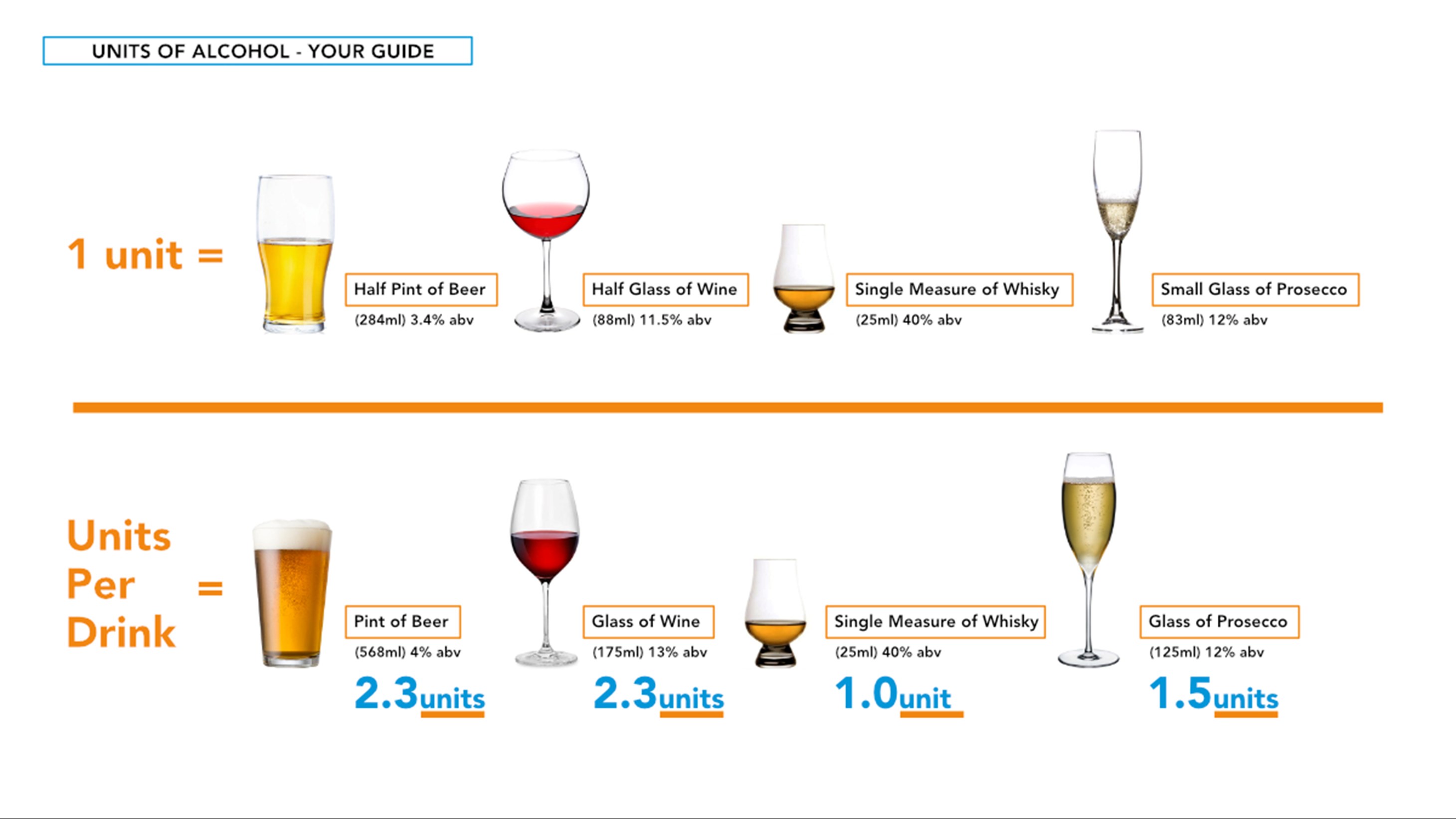
How many calories are there in a standard measure of Scotch Whisky?
A standard measure of Scotch Whisky (25ml) contains 55 calories.
Scotch contains no fat and no added carbohydrates (although there may be a very small carbohydrate level depending on the type of cask used and length of maturation).
Is Scotch Whisky suitable for a vegan diet?
Scotch Whisky is not produced from any animal products and is therefore suitable for vegetarian and vegan diets.
Is Scotch Whisky gluten free?
Even when a cereal that contains gluten is used as an ingredient, all spirits are distilled during the manufacturing process and this removes any trace of gluten. Therefore, Scotch Whisky is gluten-free and safe for people with coeliac disease.
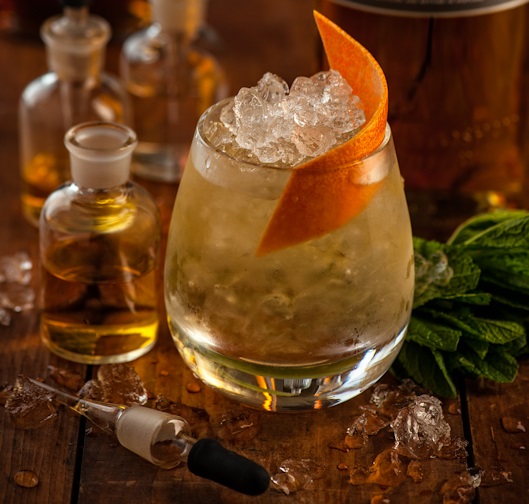
How should I store my Scotch Whisky?
Unlike wine, whisky does not mature in the bottle. So even if you keep a 12 year old bottle for 100 years, it will always remain a 12 year old whisky. As long as the bottle is kept out of direct sunlight, the Scotch Whisky will not deteriorate, even if it is opened.
Why has my Scotch Whisky gone cloudy?
Whisky that is stored at very low temperatures can become cloudy, but the cloudiness should disappear when the whisky is returned to room temperature. Scotch Whisky that is non-chill filtered will go cloudy if ice is added to it.
Is there a collector's market for Scotch Whisky?
The Scotch Whisky industry attracts worldwide attention due to its unique heritage, quality and craft, and with the range of whiskies available, it is not surprising that some people have become collectors of bottles of Scotch Whisky or invest in casks.
There is a growing secondary market, with old and rare whiskies sold at auction. Those who purchase rare whiskies should take reasonable steps to check the provenance of the product.
Ultimately Scotch Whisky is produced to be enjoyed by individuals responsibly, and the SWA is not in a position to offer advice on the value, purchase or sale of a particular Scotch Whisky.
What should I know if I want to buy a cask of Scotch Whisky?
There are a few things you will want to consider if you are planning to invest in a cask of Scotch Whisky. Our guidance - including details of the paperwork, potential costs and the risks of owning a cask of whisky - can be found here.
As above, the SWA is not able to offer advice on specific cask investment programmes.
Are you looking for a supplier of Scotch Whisky?
If so, please contact our member companies direct. Their details can be found in our members directory here.
